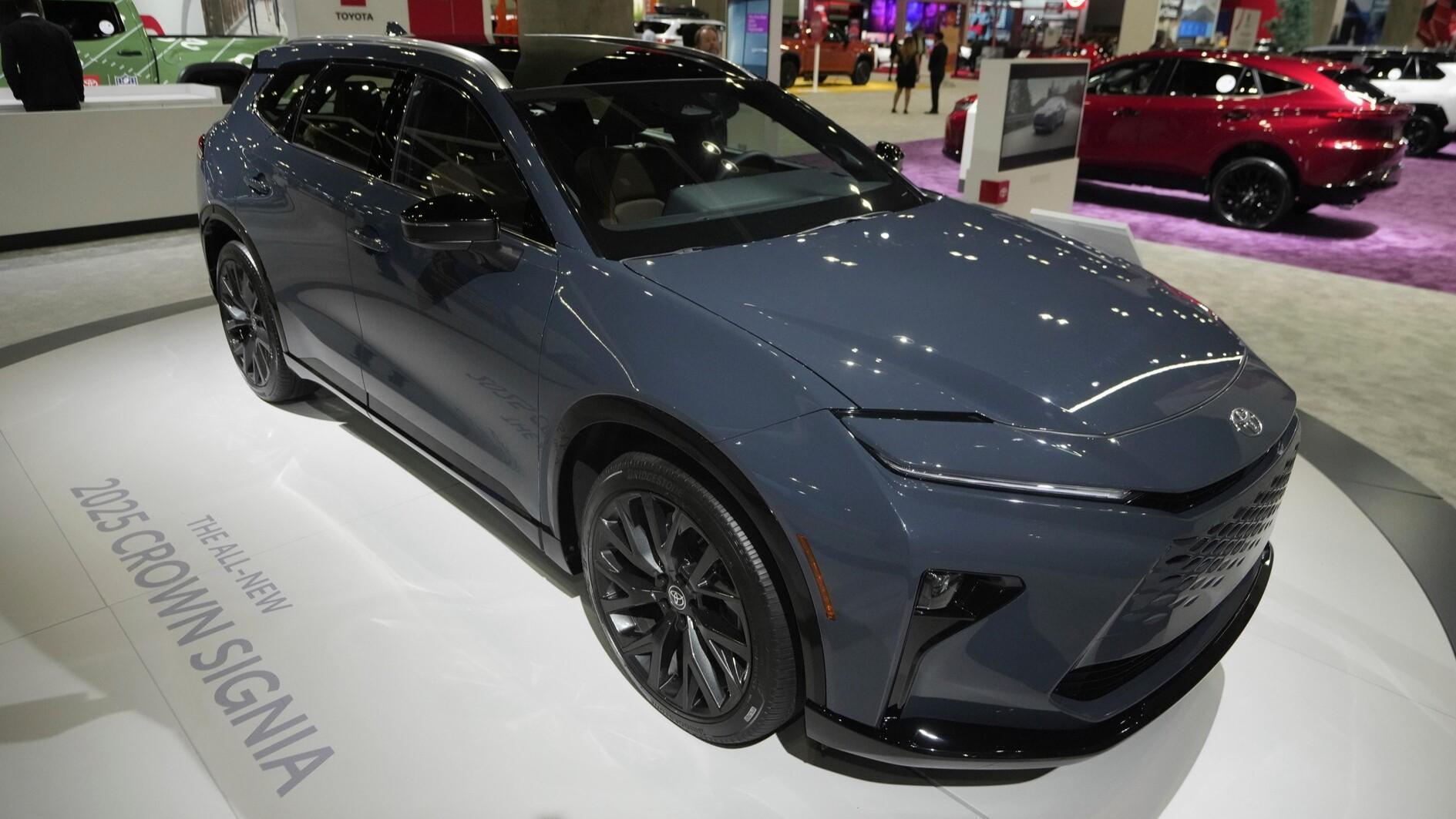
The negative impact on the climate from passenger vehicles could have dropped by more than 30 percent over the past decade if not for the world’s appetite for large cars, a new report from the Global Fuel Economy Initiative suggests.
SUVs now account for more than half of all new car sales across the globe, the group said, and it’s not alone. The International Energy Agency, using a narrower definition of SUV, estimates they make up nearly half.
Over the years these cars have gotten bigger and so has their cost to the climate, as carbon dioxide emissions “are almost directly proportional to fuel use” for gas-powered cars.
Transportation is responsible for around one-quarter of all the climate-warming gases that come from energy, and much of that is attributable to passenger transport, according to the International Energy Agency.
But the negative environmental impact from SUVs could have been reduced by more than one-third between 2010 and 2022, if people had just continued buying the same size cars, according to the initiative.
One fix for this could be electric vehicles.
While EV sales accounted for 15 percent of the global car market last year, that was only 7.3 percent in the U.S.
Meanwhile, smaller vehicles, or sedans, have lost a lot of ground in the U.S. market over the past decade.
In 2012, sedans accounted for 50 percent of the U.S. auto retail space, with SUVs at just over 30 percent. By 2022, U.S. sedan share dropped to 21 percent, while SUVs hit 54.5 percent.
“People don’t want to be limited by their space in their car,” said Eric Frehsée, president of the Tamaroff Group of dealerships in southeast Michigan. “Everyone wants a 7-passenger.”
But even the most efficient SUVs will be less efficient than sedans because SUVs weigh so much more.
Until recently, consumers had few electric models to choose from if they wanted to reduce the impact of their own transportation.
A majority of early electrified car options were sedans, particularly in the luxury segment.
More automakers are launching larger EV types, but those could require even heavier batteries onboard.
The environmental aspect also needs to be weighed if an SUV is replaced by an EV, said Loren McDonald, CEO of market analysis firm EVAdoption.
“Just electrifying doesn’t get us much if we also don’t focus on weight and efficiency of these vehicles and smaller battery packs,” McDonald said.
The industry is racing to advance battery tech to reduce the size of batteries and the amount of critical minerals needed to make them.